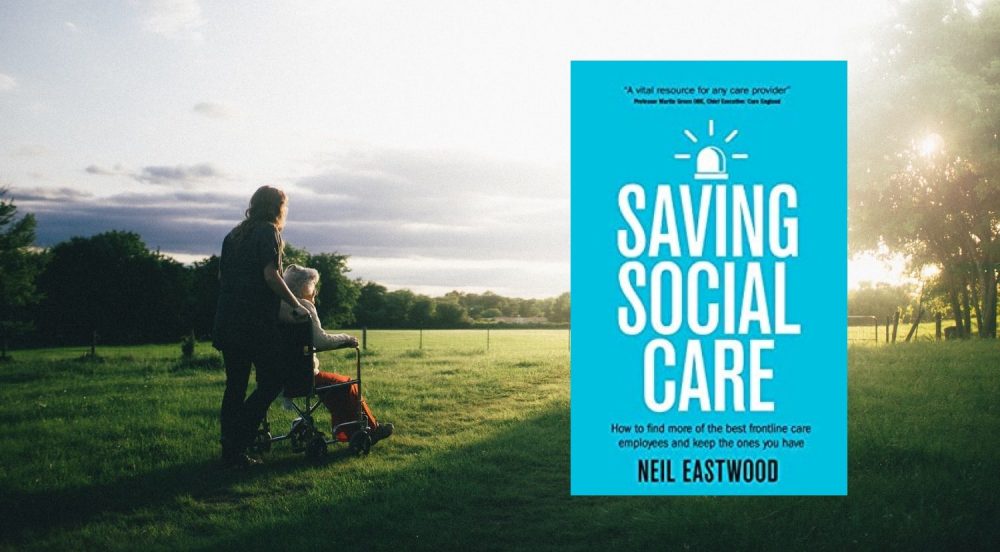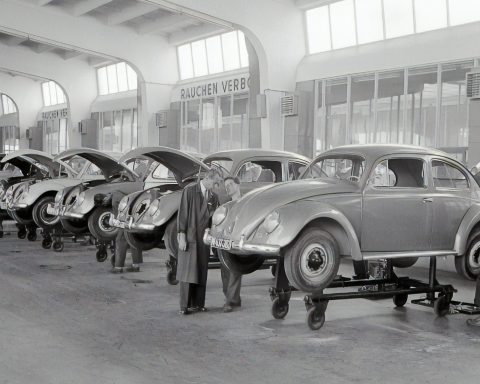Bhupinder Goraya has taken early retirement from general practice. He has also been a Buddhist monk, and is now training to teach mindfulness.
The Indian philosopher J Krishnamurti said ‘ It is no measure of health to be well adjusted to a profoundly sick society.’ A statement I find simultaneously damning and thought-provoking. The modern medical profession plays more than just a casual role in this societal sickness. We are the governing authority on what constitutes health and illness. We are biomechanics’ that have become ever more reliant on guidance and medication.
Towards the end of my tenure as a GP I’d rarely come across medics capable of original thought. Just slaves to the evidence base. The fundamental premise of the health service is, ‘should your health fail we are there to put things right’. It’s a laudable intention but increasingly hard to deliver. I knew full well that if I could prescribe a lifetime in the Bahamas, all-inclusive, much of what was presenting would right itself. Disease is a product of the lives we are governed to lead. We are an integral part of that government. Our supermarkets are filled with sugar and fat, and so our surgeries are filled with diabetes and metabolic syndrome. Leaving us to sweat the small stuff, that slightly abnormal LFT.
It is no measure of health to be well adjusted to a profoundly sick society.
I don’t see this as the fault of the practitioners themselves. If I were to feed you plate after plate of chips ad infinitum you’d get pretty sick of chips. In a similar way, general practice offer plate after plate of others suffering. It’s not surprising to find doctors browned off with the whole thing. GMP starts with ‘make the care of your patient your first concern’ But what if these chips are making me want to puke? Is it unreasonable to make one’s own nausea one’s first concern? Please get these chips as far away from me as quickly as possible. Moreover, is such an unhealthy state in the doctor any position to administer health from? Unfortunately, there is no solution other than to stomach the chips, if you wish to remain at the coal face.
So making the care of our patients our first concern takes us into the realms of training the mind. Through applied concentration, we have accumulated an internal knowledge base that allows us to function as doctors. We use it to stem the nausea. Prescribing or investigating usually sees the chips running for the hills. It’s a system that works and pays the bills so I don’t intend to offer any alterations to practice in this area. You have trained your mind over a long period of time to make the whole thing workable.
Patients know if we care or not. If we do care they feel cared for.
As much as we tinker with the mechanics of the body it is really feelings that we are trying to shape. Patients come to us feeling unwell. With society becoming evermore self-centred, it is rare to find individuals from any walk of life, who know how to really listen. So patients come to us to be heard, because no one else in their lives is listening. The more deeply we listen, the more deeply we acknowledge their suffering, the more deeply they are healed. Any prescription or investigation arising from this interaction is empowered by the interaction itself. It is born of caring rather than a reflex to terminate the consultation.
Patients come to us to be heard, because no one else in their lives is listening.
So step one in this training is learning to be with our own discomfort. Learning to patiently accept what is arising in this moment, good, bad or ugly. We do this by sitting alone for 15 minutes daily. There’s no further instruction. We’re not trying to control the body or mind in any way, we’re not even trying to relax. It’s just 15 minutes where we interrupt the incessant stream of doing with being. The mind won’t like it. God this is boring, or I could be doing something useful will be its most vigorous retorts. But do this for 6 months and the mind will start to understand. Oh yeah, this is when we just sit. We are developing our mental muscles.
Thwarting the deep desire to leave meditation now, will in time thwart the desire to get the patient out as quickly as possible. Do this over decades and you’ll be able to stomach an ocean of chips.
Featured image by Fernanda Martinez on Unsplash









Thanks for sharing information about Revisiting Good Medical Practice